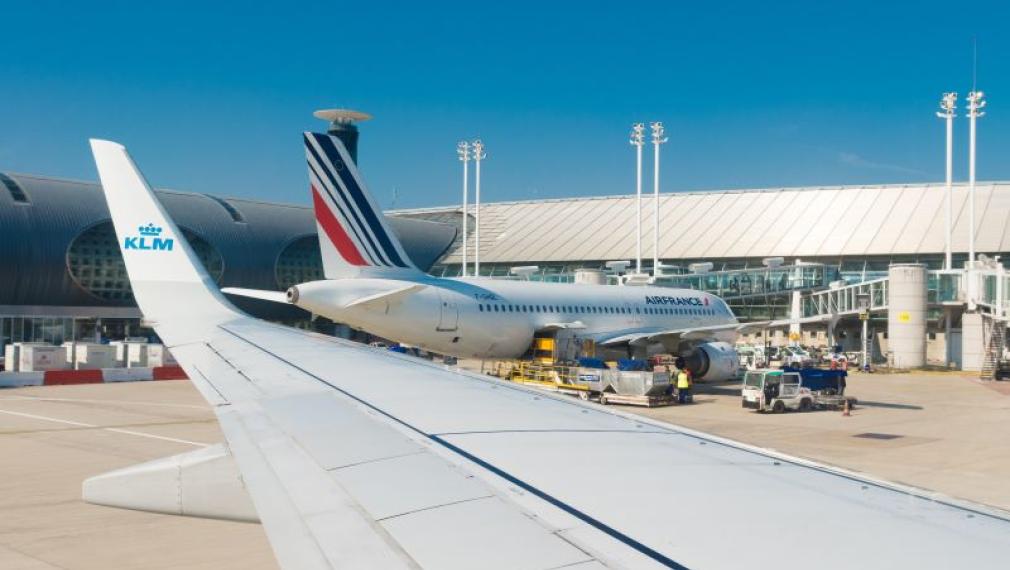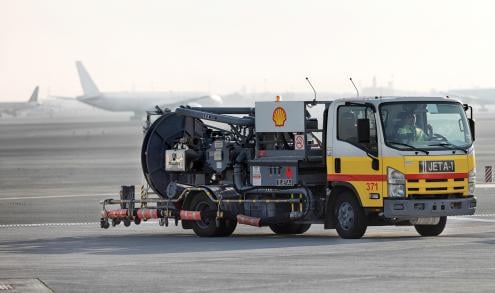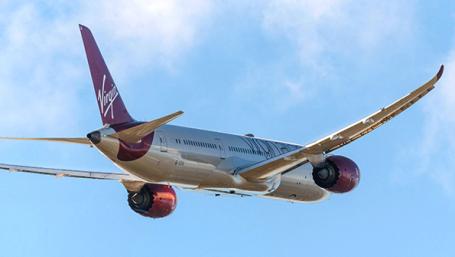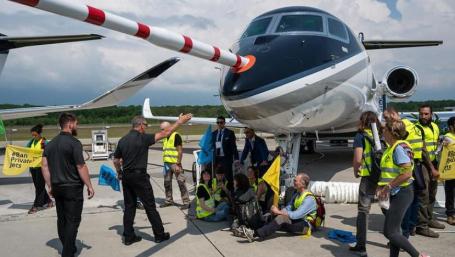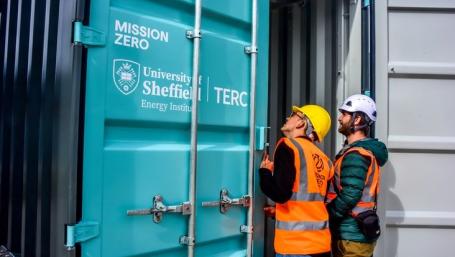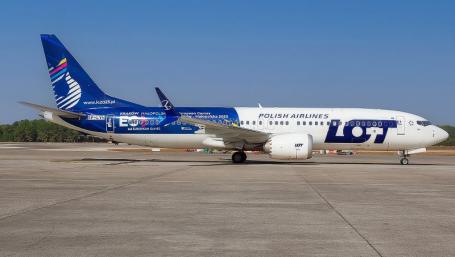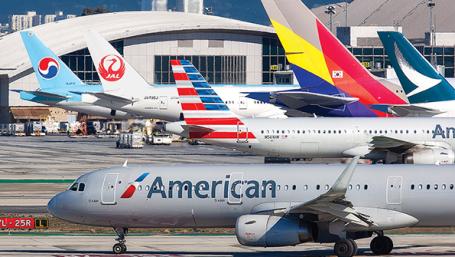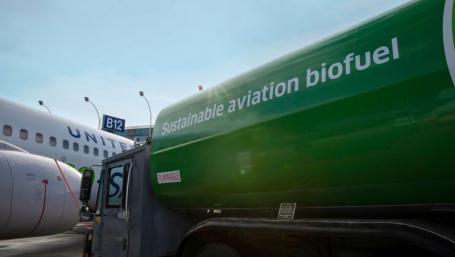Sustainable Aviation Fuel
With governments and airlines committed to decarbonizing aviation by 2050, innovative solutions are required and sustainable aviation fuels (SAF) could play a major role in meeting targets. IATA estimates that SAF could contribute around 65% of the reduction in emissions needed by aviation to reach net-zero in 2050. This will, however, require a massive increase in production in order to meet demand.
Latest News On Sustainable Aviation Fuels
Dec 15, 2023
ICAO and IATA are taking steps to encourage more sustainable aviation fuel production to meet growing demand from airlines.
Dec 14, 2023
Belgian airports face a weekend of disruption as activists target the country’s aviation sector with planned protests starting Dec. 15 through Dec. 17.
Dec 13, 2023
E-fuel SAF is widely favored as a longer-term path to decarbonizing aviation.
Dec 13, 2023
As the aviation industry marches toward a newly reached agreement at ICAO’s third Conference on Aviation and Alternative Fuels (CAAF/3) to reduce CO2 emissions in international by 5% by 2030, here are some global initiatives as the industry comes together to achieve these goals.
Dec 13, 2023
The deal would see SAF delivered to Amsterdam Schiphol, allowing LOT to access carbon reduction benefits without directly using the fuel on its own flights.
Dec 13, 2023
Airlines are ending their roller coaster ride from high profits to deep losses. The new operating environment sounds familiar: high costs and low margins.
Dec 11, 2023
The goal for aviation fuel in 2030 to be 5% less carbon intensive than conventional jet fuel will be partly achieved through lower carbon aviation fuels (LCAF).
Dec 06, 2023
Understandably, the airline industry likes to highlight its efforts to become more sustainable.
